When we achieve our all-time greatest professional accomplishment, we know it right away. Like Dr. Carl June developing a novel way to treat cancer, Mark Sanchez not throwing an interception, and me breaking through bureaucracy in the U.S. federal government to author a column in my organization's 18,000-circulation newsletter.
Last summer, the communications office where I work wanted to create a new feature in our newsletter focusing on a different employee every other week. They asked me to write it. They said, "We want it to be about people's day-to-day lives at work."
I said, "That's boring, how about instead I interview and write about the people who work here, and not write about what they do."
They said, "That would be too long. Not relevant. Nobody would read it."
I wrote one such article anyway, a 1,200-word behemoth. Then I presented it to them and they said the same thing they had said before. I fought harder, asking them to trust me, stating that readers would enjoy it, asking them to give it a chance just one time and see what happens.
I fought and fought for my work until they agreed and it published. And besides messages related to policy, jobs or benefits, it became one of the most read pieces of content ever at my organization.
Now, I write a new article that publishes in our newsletter every other Wednesday. These articles highlight the extraordinary in our seemingly ordinary employees. I've had the privilege to interview and write about an actress, a soldier, a triathlete, a refugee officer, a former refugee, and more.
It's normally inappropriate for me to share these articles on this blog, but during Public Service Recognition Week my organization published four of them publicly. And so I share those four below. Enjoy.
For This Political Refugee, U.S. Was Land of the Free, Home of the Berries
"I don't have a lot of memories from before I was 7 years old. I don’t remember a playground or riding bikes. I don’t remember much about playing except for one event at a refugee camp in the Philippines. Every Friday night someone would set up a play and refugees would watch. I remember that very explicitly being entertaining, maybe just because they made funny noises and made us laugh. I don’t even quite understand what they were talking about." Keep reading For This Political Refugee, U.S. Was Land of the Free, Home of the Berries
Texas Officer: How a Small Gesture Translated Into a New Career
"Growing up, I never knew that life existed outside of the 48-mile radius of Eldorado, Texas," says Maribel (Mary) Gonzalez, an immigration services officer at the Texas Service Center in Dallas. Keep reading Texas Officer: How a Small Gesture Translated Into a New Career
A Refugee Officer's Story: 'Countless Narratives of Suffering and Loss'
For six years, USCIS Refugee Officer Slava Madorsky traveled the world interviewing applicants to determine if they were eligible for refugee status, because of persecution or fear of persecution. For three of those years, until she was able to use a laptop during interviews, she handwrote up to 40 pages of notes each day to record their stories. Once, as she interviewed a man in Baghdad, her pen flew from her hand in a bad case of writer’s cramp. The man – who had been describing torture and being shuttled from prison to prison – laughed. Madorsky apologized. “‘It’s just my hand. I’m not actually throwing a pen at you.’ He was the nicest man in the world. He actually felt bad for me, and I was thinking, ‘Why is this person feeling bad for my stupid hand?’” Keep reading A Refugee Officer's Story: 'Countless Narratives of Suffering and Loss'
How ‘I Will Be Right Behind You’ Means Reuniting 12 Years Later for This Budget Analyst
When Sanh M. was 8 years old, she loosened her fixed grip on her father's hand as he sent her towards a boat that would take her from Vietnam to a refugee camp in Thailand. She says her father told her, "Go…go with your sisters. Your mother, brothers and I will be right behind you." Keep reading How ‘I Will Be Right Behind You’ Means Reuniting 12 Years Later for This Budget Analyst
Appearances
On April 23, I modeled in a fashion show supporting the 2016 Leukemia & Lymphoma Society Man & Woman of the Year campaign. Two years ago I was a candidate in this fundraiser and my team raised over $50,000. I am proud to continue volunteering for LLS as part of the campaign's "leadership team" which is composed of former candidates. You can contribute to the 2016 Man & Woman of the Year campaign which concludes June 4.
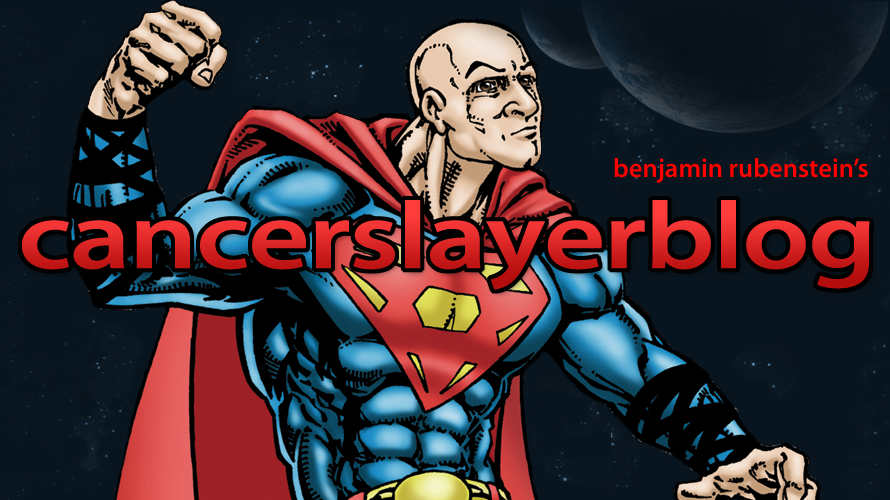
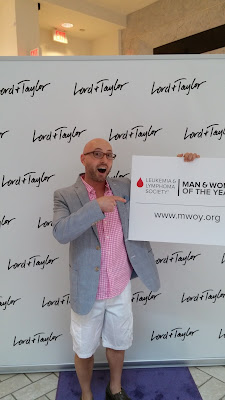
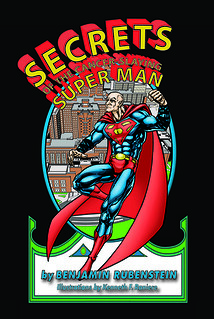
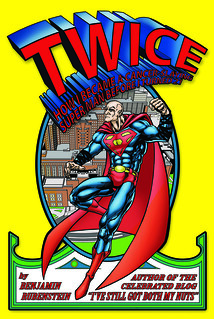



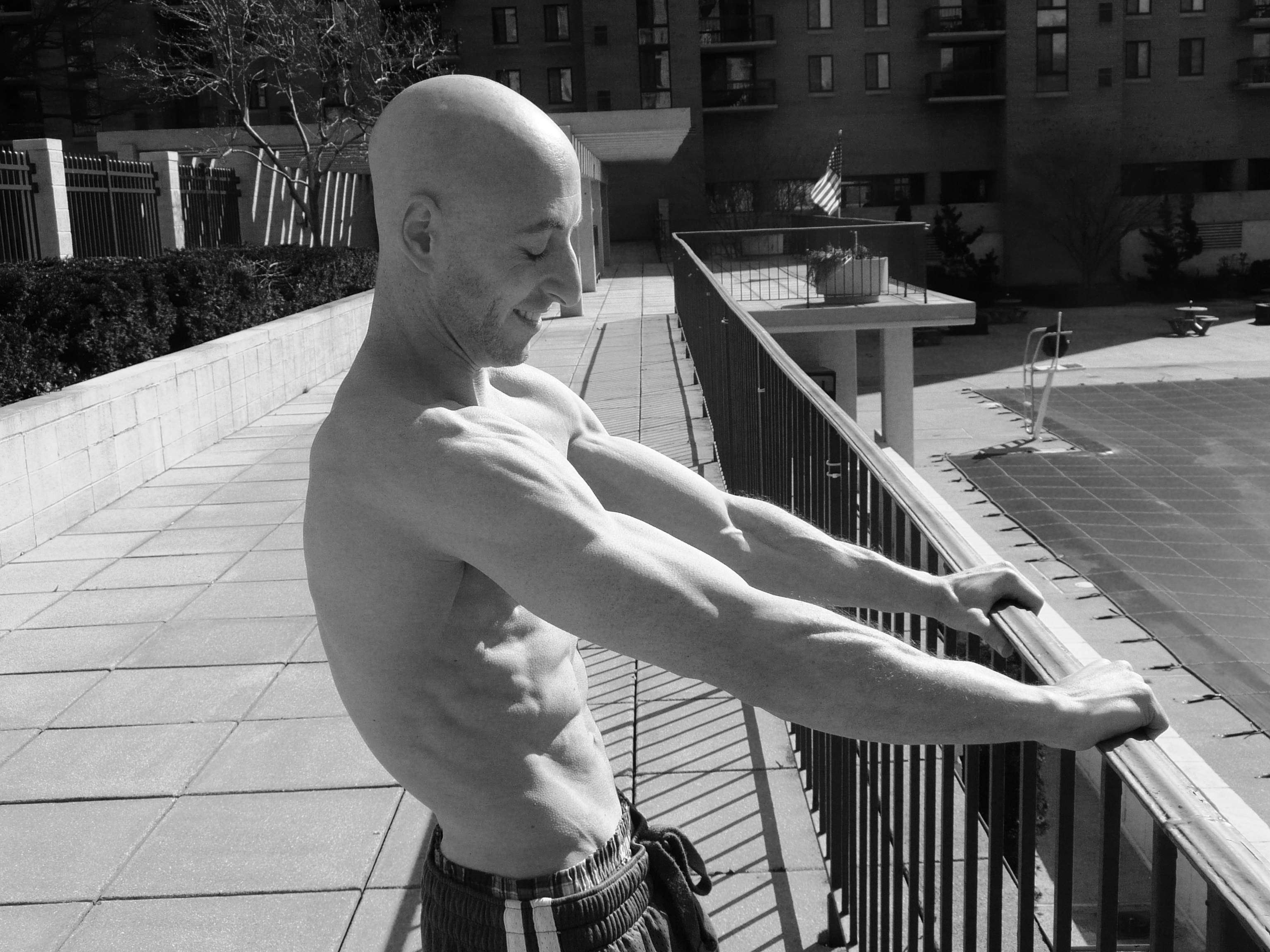

5 comments:
You wrote 4 powerful stories about very interesting lives of your fellow employees. These stories share the history of 4 USCIS employees. Your persistence to follow your vision allows their stories to be told.
Thanks, Dad. Persistence is critical...more so in some industries (read: government) than others!
Clever Ben, Art and I thoroughly enjoyed all of your USCIS interview stories as we drove to Dallas this morning. Add laser eyesight to your superhuman abilities, for cutting through govt bureaocracy. Art says, "Good in ya! Keep up the good work."
Haha I knew Art would appreciate this! Enjoy your trip.
Post a Comment